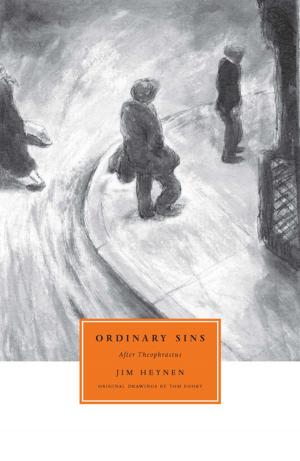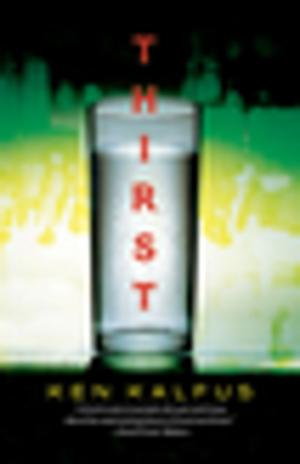| Author: | Adam Clay | ISBN: | 9781571318602 |
| Publisher: | Milkweed Editions | Publication: | April 17, 2012 |
| Imprint: | Milkweed Editions | Language: | English |
| Author: | Adam Clay |
| ISBN: | 9781571318602 |
| Publisher: | Milkweed Editions |
| Publication: | April 17, 2012 |
| Imprint: | Milkweed Editions |
| Language: | English |
The distilled, haunting, and subtly complex poems in Adam Clay’s A Hotel Lobby at the Edge of the World often arrive at that moment when solitude slips into separation, when a person suddenly realizes he can barely see the place he set out from however long ago. He now sees he must find his connection back to the present, socially entangled world in which he lives. For Clay, reverie can be a siren’s song, luring him to that space in which prisoners will begin to interrogate themselves.”
Clay pays attention to the poet’s return to the world of his daily life, tracking the subtly shifting tenors of thought that occur as the landscape around him changes. Clay is fully aware of the difficulties of Thoreau’s border life,” and his poems live somewhere between those of James Wright and John Ashbery: they seek wholeness, all the while acknowledging that a fragment is as complete as thought can be.” In the end, what we encounter most in these poems is a generous gentleness--an attention to the world so careful it’s as if the mind is washing each grain of sand.”
Clay pays attention to the poet’s return to the world of his daily life, tracking the subtly shifting tenors of thought that occur as the landscape around him changes. Clay is fully aware of the difficulties of Thoreau’s border life,” and his poems live somewhere between those of James Wright and John Ashbery: they seek wholeness, all the while acknowledging that a fragment is as complete as thought can be.” In the end, what we encounter most in these poems is a generous gentleness--an attention to the world so careful it’s as if the mind is washing each grain of sand.”
The distilled, haunting, and subtly complex poems in Adam Clay’s A Hotel Lobby at the Edge of the World often arrive at that moment when solitude slips into separation, when a person suddenly realizes he can barely see the place he set out from however long ago. He now sees he must find his connection back to the present, socially entangled world in which he lives. For Clay, reverie can be a siren’s song, luring him to that space in which prisoners will begin to interrogate themselves.”
Clay pays attention to the poet’s return to the world of his daily life, tracking the subtly shifting tenors of thought that occur as the landscape around him changes. Clay is fully aware of the difficulties of Thoreau’s border life,” and his poems live somewhere between those of James Wright and John Ashbery: they seek wholeness, all the while acknowledging that a fragment is as complete as thought can be.” In the end, what we encounter most in these poems is a generous gentleness--an attention to the world so careful it’s as if the mind is washing each grain of sand.”
Clay pays attention to the poet’s return to the world of his daily life, tracking the subtly shifting tenors of thought that occur as the landscape around him changes. Clay is fully aware of the difficulties of Thoreau’s border life,” and his poems live somewhere between those of James Wright and John Ashbery: they seek wholeness, all the while acknowledging that a fragment is as complete as thought can be.” In the end, what we encounter most in these poems is a generous gentleness--an attention to the world so careful it’s as if the mind is washing each grain of sand.”















